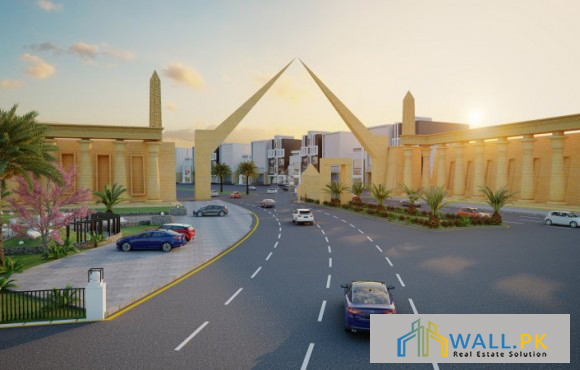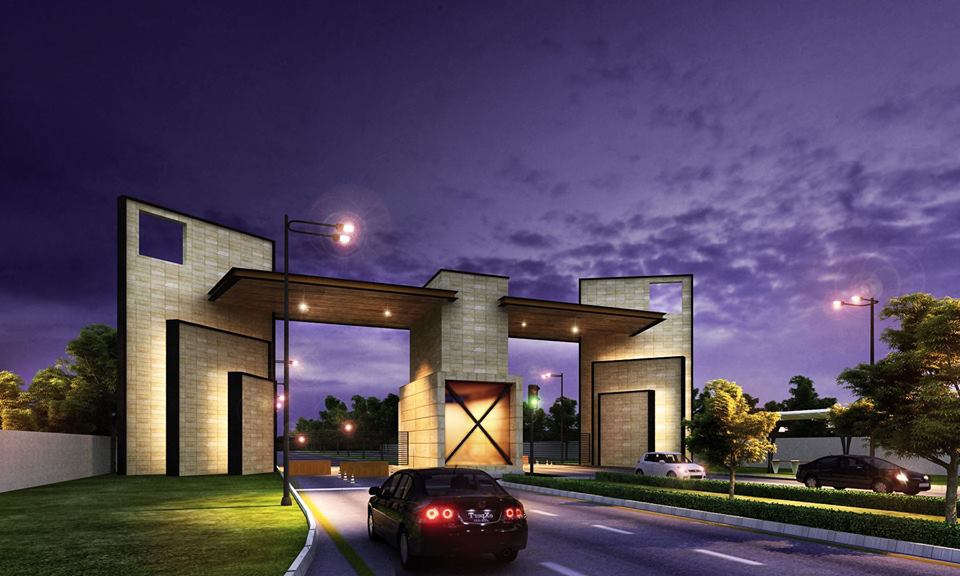ABAD threatens to go to court because of FBR’s property valuation mechanism
Wednesday July 29, 2020

The Association of Builders and Developers (ABAD) has been protesting for a while over the new tax regime, regarding which their prime concern is the Federal Board of Revenue (FBR)’s property valuation mechanism. The association has used different forums and mediums to voice their concerns and has also met the officials concerned in this regard. However, it looks like none of this has worked for them, compelling them to take the matter to court. The concerns raised by ABAD are upheld by certain facts and figures, mapping how the change in the property tax mechanism has affected businesses of real estate builders and developers across the country. According to one of their press releases, construction activities worth PKR 100 billion have come to a halt after the implementation of the new tax regime. In the same press release, the association also warned the government that it will stop all construction activities in Pakistan if this tax mechanism isn’t deferred until the next budget. Well, ABAD has issued another press release with a warning that if their demands are not met, they will take the matter to court. ABAD Chairman Mohsin Sheikhani has demanded the federal government defer the FBR property valuation mechanism as this has adversely affected the real estate market, making it difficult for builders to purchase land for their new projects. Sheikhani has further said that the property valuation mechanism is not only spreading frustration amongst investors, it is also causing heavy losses to the national exchequer as 80% of construction activities throughout the country have come to a halt. Unlike real estate agents, ABAD has been quite consistent in its demands over the new tax regime. The authorities concerned should lend an ear to ABAD, address their concerns and stop this tax regime from appearing as a monster ready to swallow the whole construction and real estate sector of Pakistan. We already face a housing shortfall of over 1 million units and lack various other basic infrastructural facilities.











